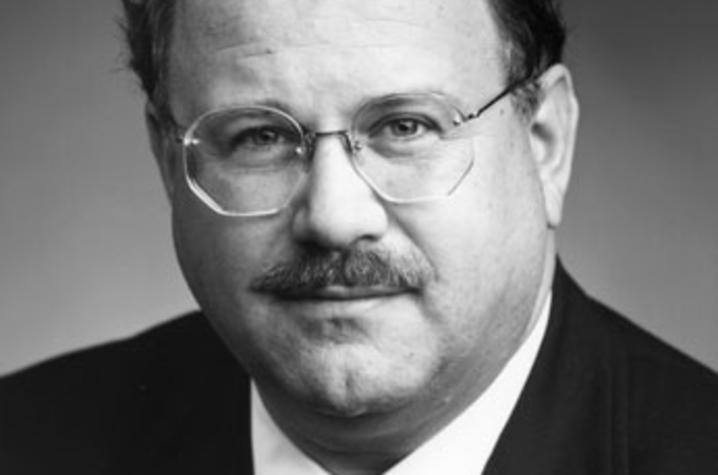MOST: A New Opportunity for Advance Health Care Planning

LEXINGTON, Ky. (Feb. 13, 2017) — Decisions about end-of-life treatment can be stressful for individuals and families but there are several options to ease the process, including one new directive.
A living will is a primary mechanism for people to express preferences about advance health care planning. As a legal document, a living will specifies what treatment initiatives should be taken to preserve a patient’s health if they are unable to make or communicate decisions. It can also specify measures that a patient does not want used in their care. By considering and establishing preferences in advance, a living will can relieve family members or caregivers of the burden of decision-making during a challenging time. It can additionally serve to reconcile varying interpretations or resolve questions about a patient's preferences.
Another approach to advance health care planning is establishing a durable power of attorney for health care, which designates another individual to make decisions about treatment if a patient is incapacitated. It is further is recommended that an alternate power of attorney be named, in case the primary individual named is unavailable.
Now a third option is available, following legislation enacted in Kentucky in 2015. This new method of documenting preferences is known as Medical Orders for Scope of Treatment (MOST). Completing this form can help assure that a patient’s wishes about end-of-life care, including intubation for hydration or nutrition and the use of medications, are communicated clearly.
The MOST form must be completed with the assistance of a health professional. A physician will discuss all the alternatives with the person, and once they've made their decisions, the form is signed by both the physician and the patient. Preferences on the MOST form can changed at any time, and the form can be voided or canceled at any time. It is recommended that the wishes reflected in contents of the form be reviewed annually.
The MOST form is printed on pink paper with red ink used so it can be quickly located in the sometimes voluminous patient health charts. If a patient is moved from institution to institution it is intended that the form also be transferred.
Because the MOST form interplays with both living wills and a durable power of attorney for health care, a statement at the top of the MOST form emphasizes that it is “usually for persons with advanced illness.” It is recommended that individuals interested in learning more about this look at the actual form and all its provisions. This model form can be viewed on a Kentucky state government website at http://kbml.ky.gov/board/Documents/MOST%20Form.pdf.
Using this form, along with a living will and durable power of attorney for health care, can go a long way toward assuring that one’s wishes are fulfilled.
Joseph L. Fink III is Professor of Pharmacy Law and Policy at the University of Kentucky College of Pharmacy and the Kentucky Pharmacists Association Professor of Leadership.




